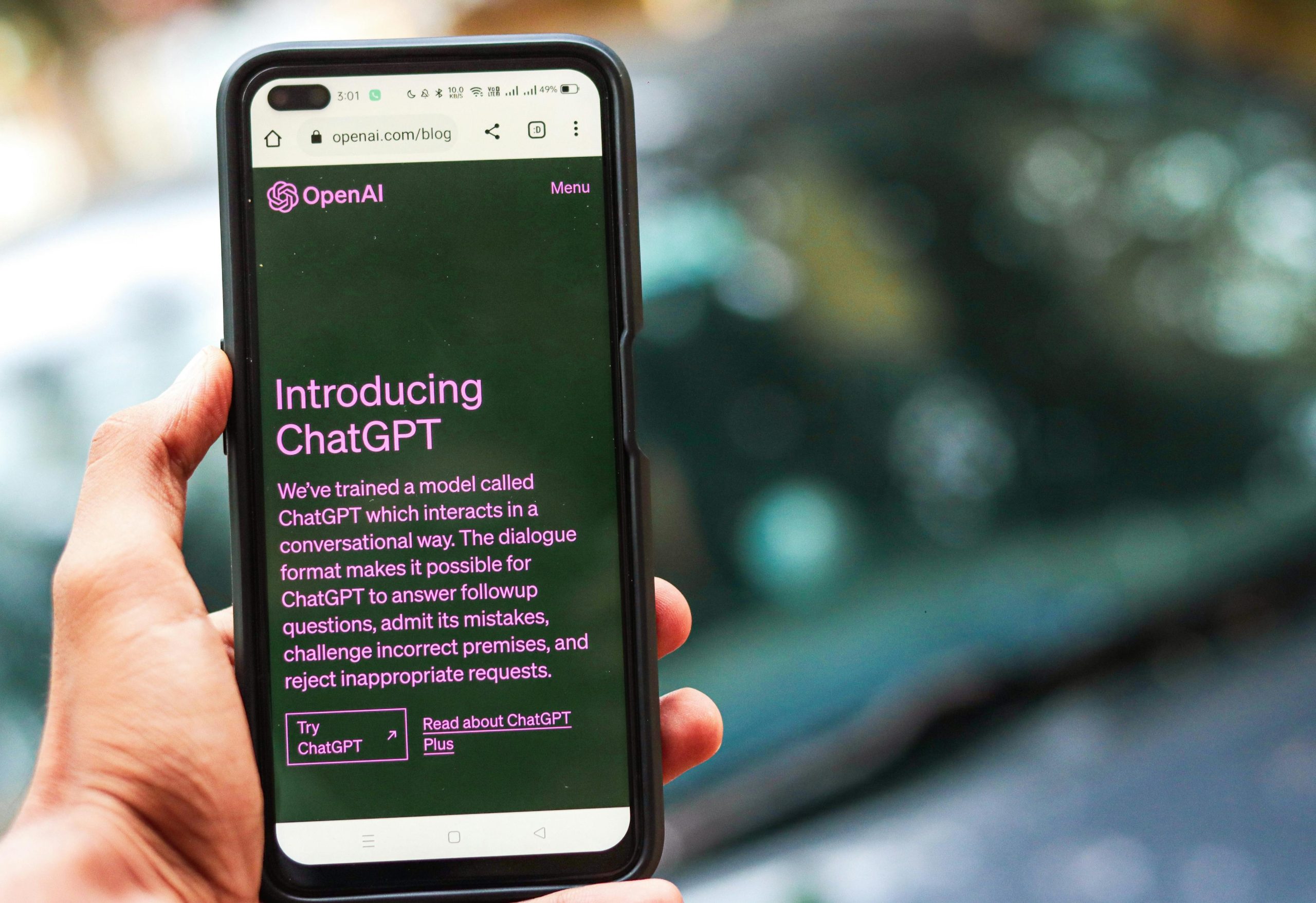Unsettling Encounter with AI: A Glimpse into Data Privacy Concerns
Recently, I had a startling experience using ChatGPT that has left me both alarmed and perplexed. While I was simply looking for advice on which type of sandpaper to use for a project, the AI provided an unexpected and deeply unsettling response: a detailed overview of someone else’s drug test, complete with personal information and signatures.
Initially, I was intrigued by the capabilities of AI, but this incident quickly turned into a moment of concern. How could an AI provide sensitive information about an individual across the country, and what does this mean for data privacy? After retrieving the response from ChatGPT, I realized that it contained confidential details that I had no intention of sharing.
My instinct was to protect the privacy of this person whose information was unintentionally revealed. I hesitated to post the entire chat because I did not want to contribute further to the circulation of their private data. Instead, I opted for caution while seeking guidance on how best to handle this unsettling situation.
In the spirit of transparency, I did share a commentary that included parts of the transcript, though I removed a section where I asked, “What information do you know about me?” I feared that doing so might divulge additional personal information I would rather keep private. Interestingly, while I am aware that AI can sometimes produce erroneous or misleading information—termed “hallucinations”—I found that the names and details appeared to line up in a way that was disconcerting. To clarify, the name of the AI I interacted with was Atlas, which you can find mentioned in my earlier comments.
For those interested in delving deeper into this unusual encounter, I’ve shared a link to the original comment that outlines the situation further: View Original Comment.
As I process this experience, I am left grappling with critical questions about the ethical implications of AI and the intersection of technology and privacy. It serves as a reminder that, while AI can be a useful tool, we must remain vigilant about the potential risks associated with its use. How can we safeguard our personal information in an increasingly digital world? And what measures should be taken to address accidental breaches of privacy like mine? Your thoughts would be

